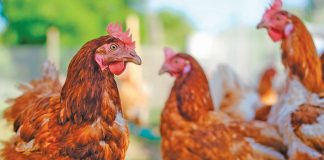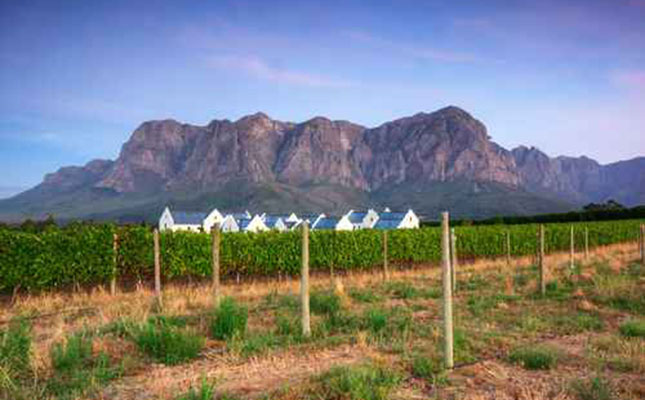
The group’s R212 million operating profit, was 51% down on the R429 million of the corresponding previous period.
Astral’s headline earnings per share dropped 54% from 774c for the 6 months ended 31 March 2016 to 356c. Revenue decreased 1% from R5,82 billion to R5,79 billion.
“These results are predominantly attributable to the inability to fully recover record high feed prices and a loss in sales volumes in [poultry and feed] divisions under extremely difficult market conditions,” said Astral CEO Chris Schutte.
Severe drought conditions were responsible for high prices for poultry feed ingredients. Other problems included legislation reducing the brine content of Individually Quick Frozen portions(IQFs) from 30% to 15% and ongoing competition from cheap frozen bone-in poultry portions from the EU and US.
While the discontinuation of Astral’s cheapest chicken product – the 30% brine IQFs – contributed to decreased sales volumes during the past six months, the average sales of the group’s higher value products had increased to partially offset any negative effects on group revenue, said Schutte.
Despite the group’s latest financials, Astral’s chief financial officer, Daan Ferreira, said it remained cash-positive and had a “commendable” net debt to equity ratio of 6,6%.
Looking ahead, Schutte said that SA’s expected record summer grains crop would significantly lower feed ingredient prices.
“The [SA poultry] industry has seen a contraction in local production, with cutbacks, resizing and closures, which, although negative, for the economy, does improve the balance between supply and demand,” he said.
“Astral’s strategy of being the best cost-integrated poultry producer in selected African countries remains resolute and the outlook is looking more favourable given the record current local maize crop.”












